Participants acquire the basic skills to understand and manage biomedical data, including electronic acquisition, storage and exploration using statistical methods.

- Teacher: Paola Cerchiello
- Teacher: Enea Parimbelli
The course provides both theoretical and practical training in data science, with a focus on typical machine learning techniques such as clustering, dimensionality reduction, classification, and regression. Students will learn how to interpret inferred models and explain their structure and decisions. Practical exercises are included to reinforce the concepts learned throughout the course.
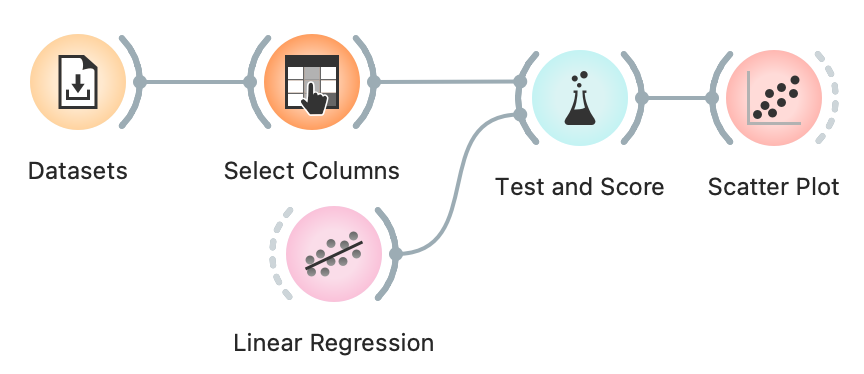
- Teacher: Zala Gruden
- Teacher: Blaž Zupan
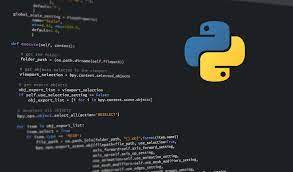
- Teacher: Alessandro Bitetto
- Teacher: Paola Cerchiello
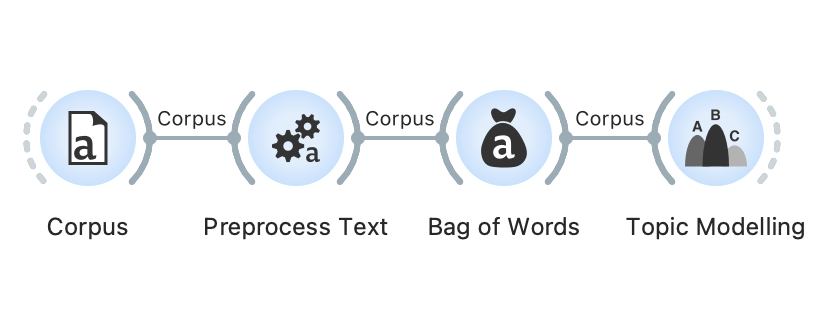
- Teacher: Ajda Pretnar Žagar
- Teacher: Blaž Zupan
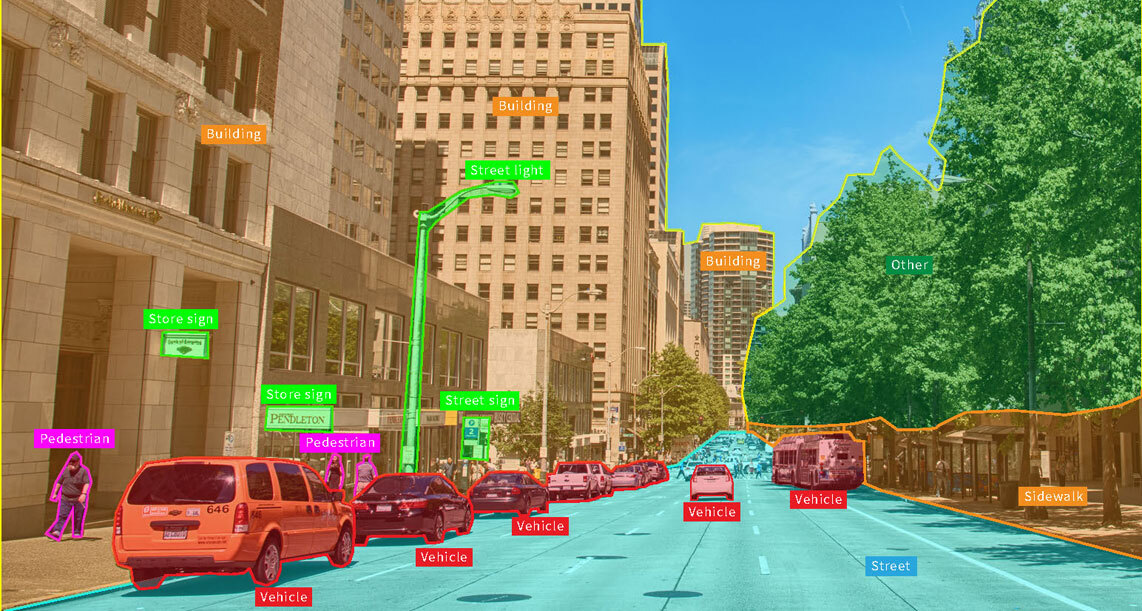
- Teacher: Matthias Fulde
- Teacher: Gemma Roig
- Teacher: Dennis Vetter
In this course, you will be given an introduction to the basic ideas and techniques which are the basis of the design of intelligent computer systems.

- Teacher: Franziska Schoger
The course on "Automated Machine Learning" addresses the challenge of designing well-performing Machine Learning (ML) pipelines, including their hyperparameters, architectures of deep Neural Networks and pre-processing. Future ML developers will learn how to use and design automated approaches for determining such ML pipelines efficiently.
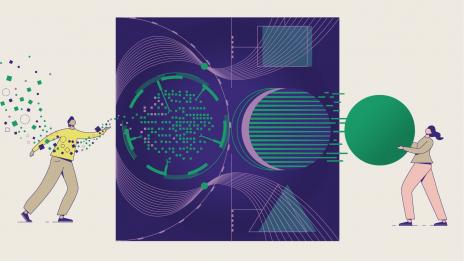
- Teacher: Franziska Schoger
